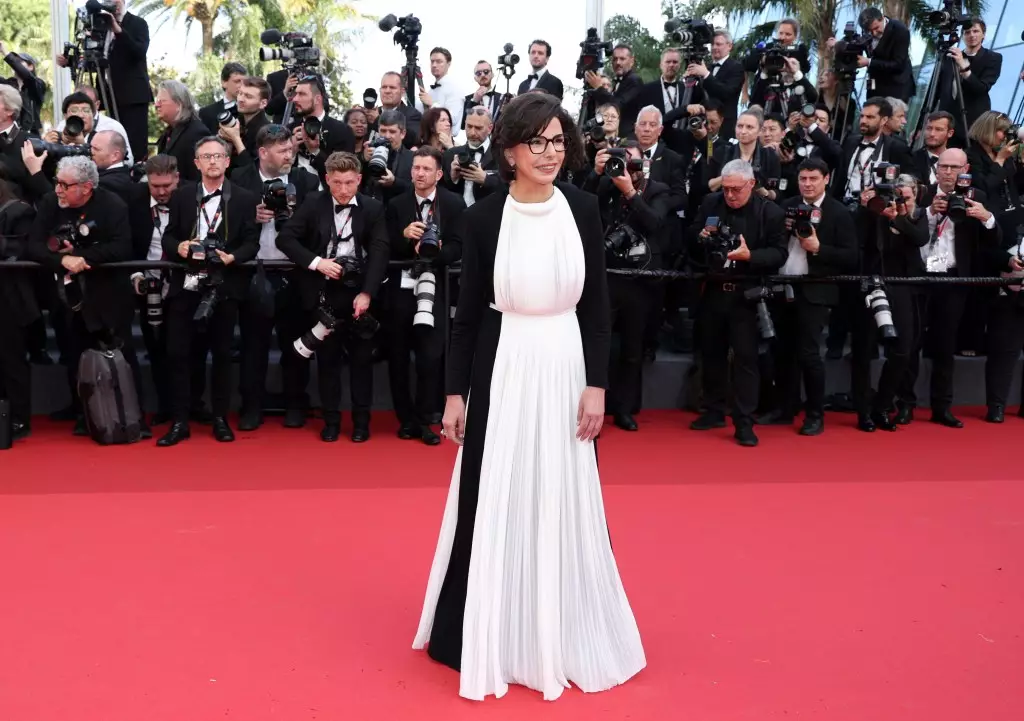The Paris Appeals Court’s investigative office recently made a decision to reject a request made by the lawyers of French Culture Minister Rachida Dati regarding the Carlos Ghosn affair. The investigation dates back to 2021, where Dati is implicated in alleged payments amounting to $950k (€900K) that she received between 2010 and 2012 from a subsidiary of the Renault-Nissan automobile alliance during Carlos Ghosn’s leadership. Dati faces charges of “passive corruption by a person holding an elective mandate” and “benefiting from abuse of power” for supposedly receiving the money in exchange for lobbying services at the European Parliament. Despite being a professional lawyer and a former Member of the European Parliament from 2010 to 2019, Dati vehemently denies these allegations.
In response to the decision by the investigative office of the Paris Appeals Court, Dati’s legal team has announced their intention to appeal the ruling. Lawyers Olivier Pardo and Olivier Bluche have expressed their disagreement with the verdict and plan to escalate the case to the court of cassation. They firmly believe that the law is on their side and maintain that the decision by the court does not imply Dati’s guilt or innocence.
It is important to note that Carlos Ghosn, the central figure in this affair who currently resides in Lebanon after fleeing Japan in 2019, has denied any direct involvement with Rachida Dati. Ghosn argues that the payments made to Dati were in exchange for legitimate legal services provided by her. Dati’s background as a former spokesperson for President Nicolas Sarkozy and her tenure as Justice Minister from 2007 to 2009 under his administration adds a layer of complexity to the case.
Despite the ongoing legal battles, Dati’s appointment as French Culture Minister earlier this year caught many by surprise. Her sudden entry into the role under Prime Minister Gabriel Attal’s government came amidst a major cabinet reshuffle aimed at reinvigorating President Emmanuel Macron’s presidency. However, Dati’s controversial plans for restructuring the state broadcasting sector and her impending departure from the position due to the upcoming snap election have led to further scrutiny of her leadership abilities.
As Macron’s centrist government faces challenges from the far-right Rassemblement National party in the upcoming election, the fate of Dati’s political career remains uncertain. The potential shift in power dynamics could have significant implications for Dati and her allies, as well as for the broader cultural and political landscape in France. The outcome of the legal proceedings and the electoral results will ultimately shape the next chapter in the ongoing saga of Rachida Dati’s career.

